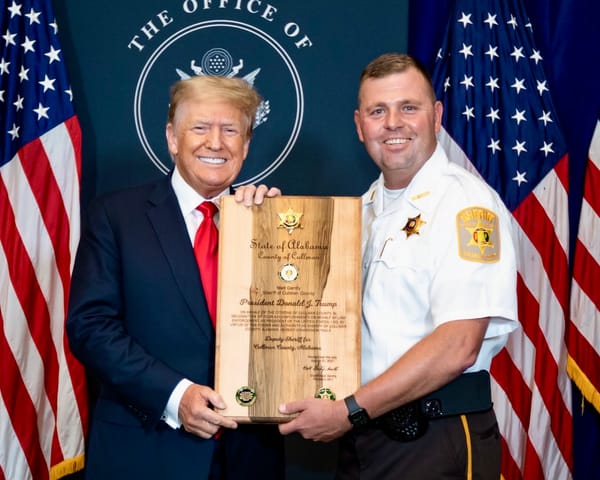Utah Senator Lee Introduces Bill To Define Obscenity Across States
Interstate Obscenity Definition Act Could deal significant blow to online porn—and to the 1st Amendment

U.S. Senator Mike Lee (R-UT) has introduced the Interstate Obscenity Definition Act (IODA), which would establish a uniform federal definition of "obscenity" to facilitate prosecution of obscene content transmitted across state lines. Sen. Lee introduced the bill on May 8, with U.S. Representative Mary Miller (R-IL) as co-sponsored the bill in the House of Representatives.
If enacted, the bill would severely crack down on internet pornography, potentially dealing a major blow to the online porn industry. IODA could lead to significant federal restrictions or bans on internet porn, as well as prosecution of obscene content spread across state or national lines.
Sen. Lee emphasized the need for updated legal standards, stating, "Obscenity isn’t protected by the First Amendment, but hazy and unenforceable legal definitions have allowed extreme pornography to saturate American society and reach countless children." Lee added, "Our bill updates the legal definition of obscenity for the internet age so this content can be taken down and its peddlers prosecuted."
Rep. Miller echoed these concerns, asserting, "The Interstate Obscenity Definition Act equips law enforcement with the tools they need to target and remove obscene material from the internet, which is alarmingly destructive and far outside the bounds of protected free speech under the Constitution." She expressed pride in leading the House effort alongside Senator Lee to "safeguard American families and ensure this dangerous material is kept out of our homes and off our screens."
The IODA proposes to amend the Communications Act of 1934 by defining "obscenity" as content that:
- Taken as a whole, appeals to the prurient interest in nudity, sex, or excretion;
- Depicts, describes, or represents actual or simulated sexual acts with the objective intent to arouse, titillate, or gratify the sexual desires of a person; and
- Taken as a whole, lacks serious literary, artistic, political, or scientific value.
This definition aims to replace the current reliance on "community standards" established by the Supreme Court's 1973 decision in Miller v. California, which critics argue are outdated and inconsistently applied across jurisdictions.
Supporters of the bill contend that a standardized definition will empower law enforcement to more effectively combat the distribution of obscene material online.
Advocates for civil liberties are concerned that the legislation infringes 1st Amendment protections, and could lead to overreach and censorship. Critics also warn that the bill's overly-broad language might affect artistic expression and disproportionately target LGBTQ+ content.
Lee and Miller have previously introduced the SCREEN Act, which would require pornographic websites to use age verification technologies to prevent children from being exposed to online porn. The SCREEN Act is similar in intent to Alabama’s HB187, the App Store Accountability Act, which died in the AL House State Government Committee earlier this month.
The full text of the Interstate Obscenity Definition Act is HERE.




